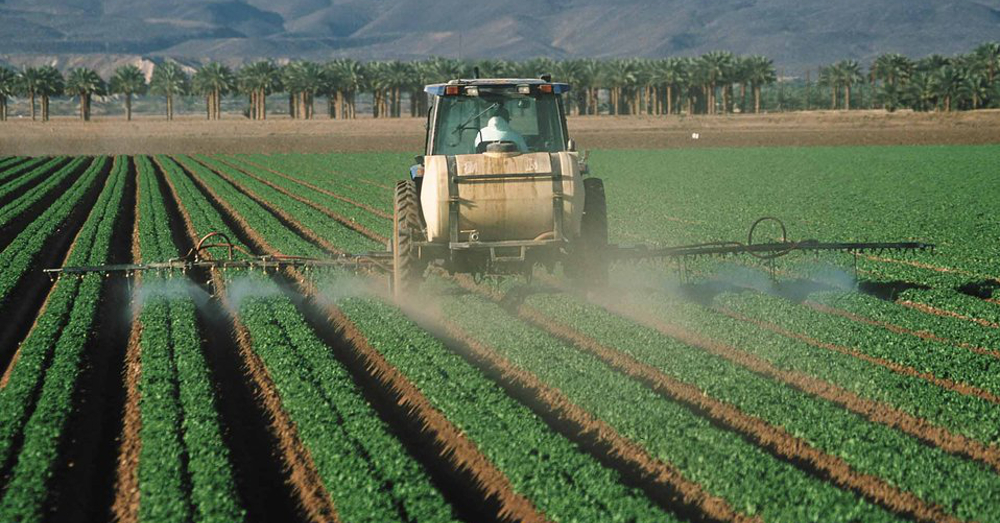
Mechanics of Pesticide-Parkinson’s Link Revealed
Even very low levels of exposure to some common agricultural chemicals can boost the risk of Parkinson’s disease, according to new research.
A paper published in the journal Federation of American Societies for Experimental Biology reveals that exposure to pesticides known as paraquat and maneb dramatically affects the function of dopamine-producing neurons – the cells primarily targeted by Parkinson’s – in people carrying a particular genetic mutation.
May 28, 2018 | Source: Cosmos Magazine | by Andrew Masterson
A genetic mutation massively increases risk for agrochemical exposure. Andrew Masterson reports.
Even very low levels of exposure to some common agricultural chemicals can boost the risk of Parkinson’s disease, according to new research.
A paper published in the journal Federation of American Societies for Experimental Biology reveals that exposure to pesticides known as paraquat and maneb dramatically affects the function of dopamine-producing neurons – the cells primarily targeted by Parkinson’s – in people carrying a particular genetic mutation.
Separate lines of research kicked off two decades ago identified the chemicals and the mutation – in a gene known as alpha-synuclein, located on chromosome four – as risk factors for developing Parkinson’s, but the latest study is the first to uncover what happens on a cellular level when the two combine.
“People exposed to these chemicals are at about a 250% higher risk of developing Parkinson’s disease than the rest of the population,” says Scott Ryan from the University of Guelph in Ontario, Canada, lead author of the new study.
